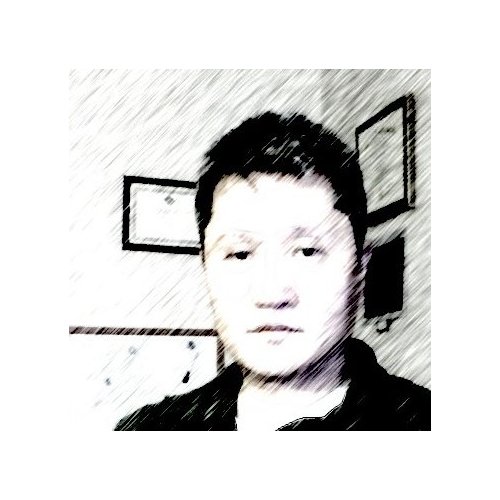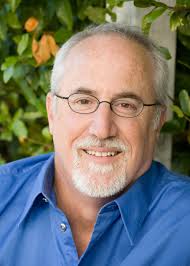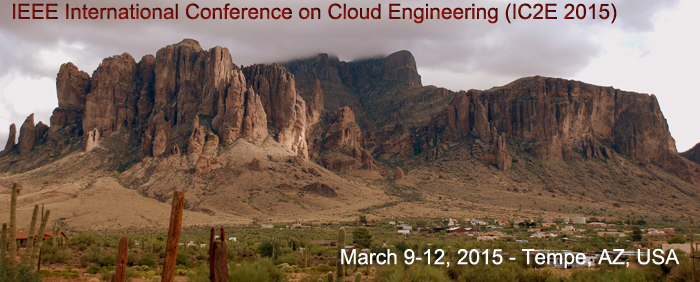Youngchoon Park
(Technical Fellow and Director of Technologies, Johnson Controls, Inc.)
Title: “Internet of Buildings (tm)”, A new way to interact with buildings

Abstract
Devices, people, information and software applications rarely live in isolation in modern building management. For example, networked sensors that monitor the performance of a chiller are common and collected data are delivered to building automation systems to optimize energy use. Detected possible failures are also handed to facility management staffs for repairs. Physical and cyber security services have to be incorporated to prevent improper access of not only HVAC (Heating, Ventilation, Air Conditioning) equipment but also control devices. Harmonizing these connected sensors, control devices, equipment and people is a key to provide more comfortable, safe and sustainable buildings.
Nowadays, devices with embedded intelligences and communication capabilities can interact with people directly. Traditionally, few selected people (e.g., facility managers in building industry) have access and program the device with fixed operating schedule while a device has a very limited connectivity to an operating environment and context. Modern connected devices will learn and interact with users and other connected things. This would be a fundamental shift in ways in communication from unidirectional to bi-directional. A manufacturer will learn how their products and features are being accessed and utilized. An end user or a device on behalf of a user can interact and communicate with a service provider or a manufacturer without go though a distributer, almost real time basis. This will requires different business strategies and product development behaviors to serve connected customers’ demands.
Connected things produce enormous amount of data that result many questions and technical challenges in data management, analysis and associated services. In this talk, we will brief some of challenges that we have encountered in developing connected building solutions and services. More specifically, (1) semantic interoperability requirements among smart sensors, actuators, lighting, security and control and business applications, (2) engineering challenges in managing massively large time sensitive multi-media data in a cloud at global scale, and (3) security and privacy concerns are presented.
Biography
Youngchoon Park is a technical fellow and director of technologies in Johnson Controls, Inc. Currently; he is building data products and associated services and develops technology strategy. He has built few building management products and solutions and involved in many real-life complex building automation and security system developments and deployments. Dr. Park's major research interests are information management, data analytics, distributed multimedia computing, content-based information processing, and enterprise application integration. He is a frequent contributor of articles in his area of interests and actively participate many international conferences, standard organizations. He is a member of IEEE, and ACM and holds a Ph.D and a M.S from Arizona State University in Computer Science.
Douglas Terry
(Distinguished Research Engineer at Samsung Research America)
Title: Cloud Storage Services: A Model of (In)Consistency
 Abstract
Abstract
Cloud storage systems invariably replicate data for high availability and low latency access. Application designers, as well as cloud providers, must deal with trade-offs between consistency, performance, and availability. Some cloud services provide strong data consistency to their clients while others have chosen eventual consistency. Increasingly, systems are offering a choice of consistency when reading shared data. This talk examines the implications of such a choice and explores a broader class of consistency guarantees that can, and perhaps should, be provided within the cloud.
Biography
Doug Terry recently joined Samsung Research America as a Distinguished Research Engineer with the mission of building a world-class systems research team focused on mobile and cloud services. Previously, Doug was a Principal Researcher in the Microsoft Research Silicon Valley lab, the co-founder and CTO of a start-up company named Cogenia, Chief Scientist of the Computer Science Laboratory at Xerox PARC, where he helped pioneer the notion of ubiquitous computing and led a number of research projects on weakly consistent distributed systems, and an Adjunct Professor in the Computer Science Division at U. C. Berkeley, where he still occasionally teaches a graduate course on distributed systems. He has published papers on a variety of topics including epidemic algorithms, collaborative filtering, continuous queries, active documents, the Etherphone system, and the Bayou replicated database, and he published a recent Synthesis Lecture on "Replicated Data Management for Mobile Computing." Doug has a Ph.D. in Computer Science from U. C. Berkeley. He is an ACM Fellow, past chair of ACM's Special Interest Group on Operating Systems (SIGOPS), and the author of ACM's Tech Pack on Cloud Computing.
|

